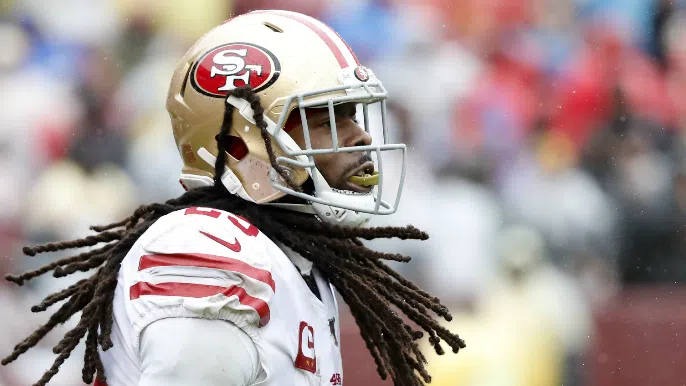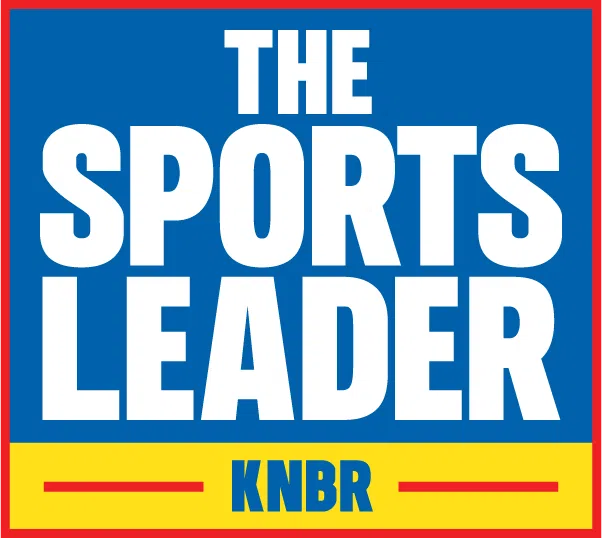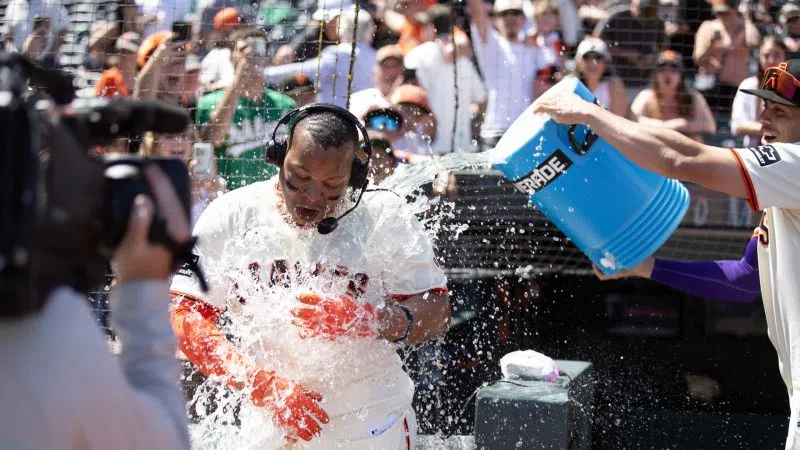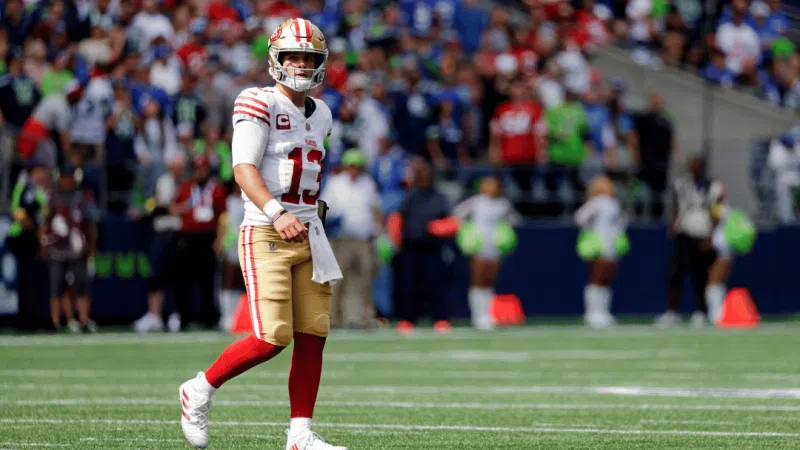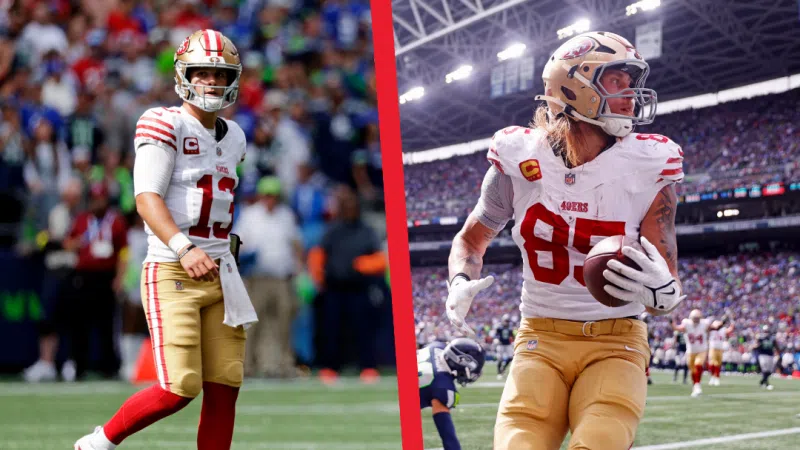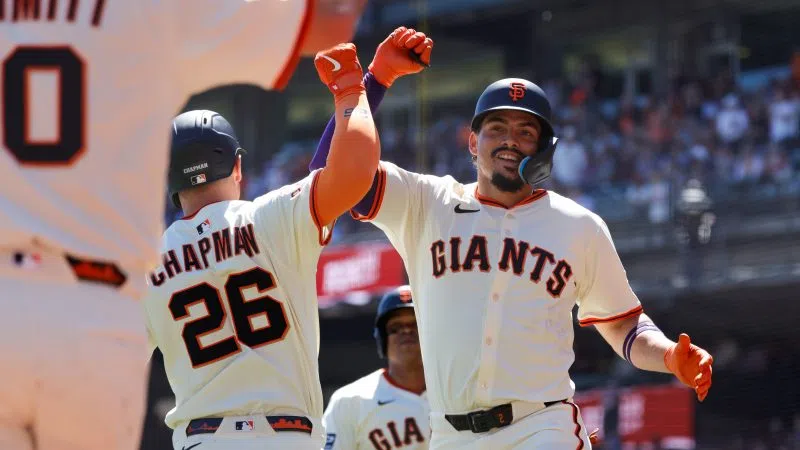© Geoff Burke-USA TODAY Sports
In recent years, the NFL has adopted rule changes to focus on player safety. The main change is a rule which banned leading with the crown of the helmet and has forced the introduction of a rugby-style tackle in which players’ shoulders are supposed to meet waist or thighs with the helmet on the outside of the player being tackled. The punishment for not adhering is a 15-yard penalty and a potential ejection and/or fine.
At the same time, the rule change has been criticized for its questionable implementation, with quarterbacks being fairly perceived to be protected more than other players, and for a lack of player consultation in implementing it. Those rule changes also come with an increasing prominence of Thursday Night Football (TNF) games, of which there are now 13 in each season (there were eight a season through most of the mid-2000s and far fewer before that). From 2018 through 2022, FOX will pay the NFL a reported $60-plus million per game for each of the 11 nationally-televised TNF games, not including Thanksgiving.
Richard Sherman tore his Achilles on a Thursday night game in his final season with the Seattle Seahawks in 2017. His teammate Doug Baldwin said those games “should be illegal” back when that deal was announced, and Sherman’s tune now is about the same as Baldwin’s then. The 49ers have their first and only TNF game this week, on Halloween, at the Arizona Cardinals. The team will practice once on Tuesday, in what will be just a walkthrough, according to head coach Kyle Shanahan.
With the NFL’s collective bargaining agreement set to expire at the conclusion of the 2020 season (and a lockout likely to follow), TNF will assuredly be one of topics of debate. Sherman said he didn’t have a solution, but that he still believes those games shouldn’t happen.
“I’d be for them still not to happen,” Sherman said. “Guys coming off Sunday games, and sometimes Sunday night games to play on Thursdays is still just a terrible turnaround. Guys have gotten it done. Obviously guys have gotten hurt during those games, but I don’t have a great solution for it. Maybe a bye week after it, but that doesn’t change how difficult it is going into it. If they could somehow have a bye week before, but that’d be still a long week and-a-half. So I don’t have a solution, it’s a difficult problem. Obviously, we’ll look to address it in some way with the CBA.”
Sherman said he rolls his eyes when the league bandies around its player safety initiatives while highlighting the Thursday night games, saying he’s seen the NFL’s true colors during CBA meetings.
“One hundred percent I roll my eyes when the league talks about player safety and then says, ‘Oh yeah, we’d like to have 17 games or 18 games,’ because they’re talking out both sides of their mouth,” Sherman said. “And somehow they distract the public and say, ‘Oh man, it’s good for everybody, but it’s, it’s really not. It’s never good for players to put their bodies on the line for two extra games.
“And those are the problems you run into when you when you say that. When you say, ‘We really care about player safety, we’re taking a stand, but hey, go out there and put it out there two more times for for us, for a check. We appreciate ya.’ That’s just the way it is and that’s the way it has been. As a member of the union, you understand that. You sit in the meetings with them, you understand the true feelings about how they feel about things. But you also understand it’s a bottom line business and if saying they care about player safety gets the fans off their backs, they’re going to say it as much as they can.”
Sherman wasn’t done being asked about his thoughts on league offices. He was asked about the NFL’s safety initiatives on the same day in which the NCAA was forced to adhere to California’s new law which allows college athletes to receive compensation for their likeness. Like he did when speaking about the NFL’s league office, he also spoke in less-than-glowing terms about the NCAA, saying the law will be good for players, especially as it pertains to compensation for highlights.
“They got slapped in the face,” Sherman said. “… If you want to put these highlights out there like they’ve been doing, you’re going to have to pay them, and that’s good for the game, it’s good for the players, and I think its overall just makes it better.”
